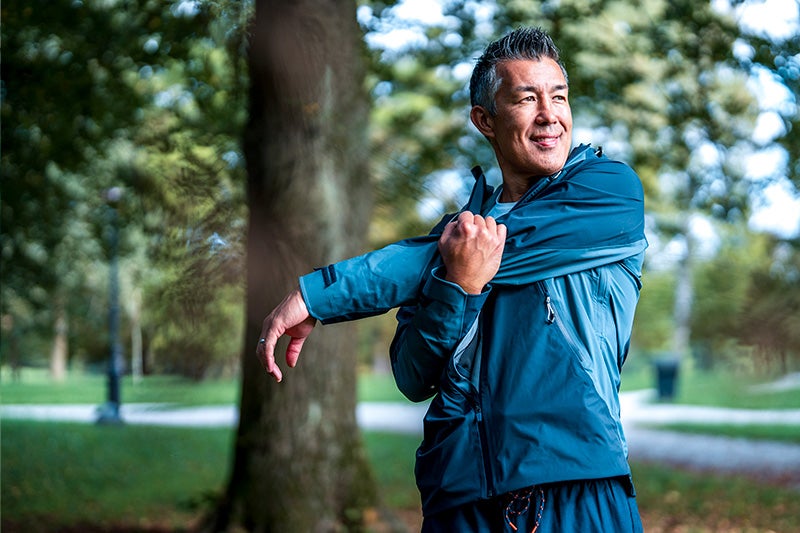Mental Health in Autumn: Coping with Seasonal Changes
November 10, 2025As the days grow shorter and the air turns crisp, many people find that their mood shifts along with the season. For some, autumn brings a sense of coziness and renewal, but for others, the loss of sunlight, busier schedules, and the onset of colder weather can take a toll on mental health. Understanding these changes and learning how to manage them can help you feel balanced and supported as you move through the season.

Why Seasonal Changes Affect Mental Health
- Reduced sunlight: Less exposure to natural light can lower serotonin levels, which affects mood, and disrupts melatonin, which influences sleep cycles.
- Routine changes: The shift back to school schedules, upcoming holidays, or increased workload can create stress.
- Social isolation: Cooler weather, shorter days, and rising rates of colds, COVID-1,9 and the flu may make people less likely to socialize, which can leave you feeling disconnected.
Coping Strategies for a Healthier Autumn
- Spend time outdoors: Aim for at least 20 minutes of daylight each day. Even a short walk can boost your mood and energy.
- Stay active: Gentle exercises like yoga, stretching, or a brisk evening walk can reduce stress and release feel-good endorphins.
- Prioritize sleep: Keep a consistent bedtime routine and avoid screen time before bed to help your body adjust to earlier sunsets.
- Eat nourishing foods: Seasonal fruits, vegetables, and whole grains provide steady energy and support overall well-being.
- Connect with others: Schedule regular check-ins with family or friends—even a phone call can provide comfort and perspective.
When to Seek Extra Support
If you notice symptoms such as ongoing sadness, lack of motivation, changes in appetite, or disrupted sleep lasting more than two weeks, it may be time to talk with your healthcare provider. Conditions like Seasonal Affective Disorder (SAD) are more common than you might think, and support is available.
At St. Mary’s, our primary care providers can help identify whether what you’re experiencing is typical seasonal adjustment or something that may need treatment. Together, you can create a plan to support your emotional and physical health this fall.




